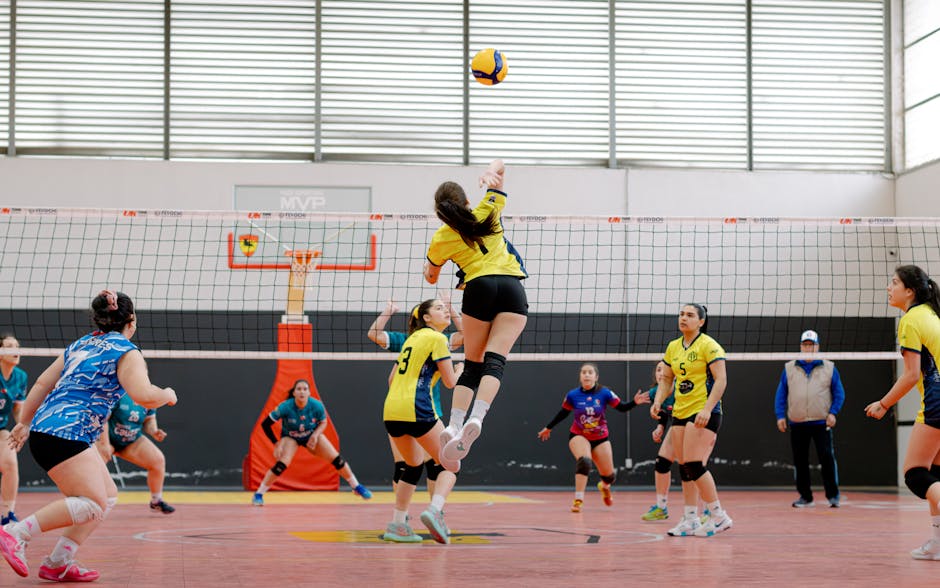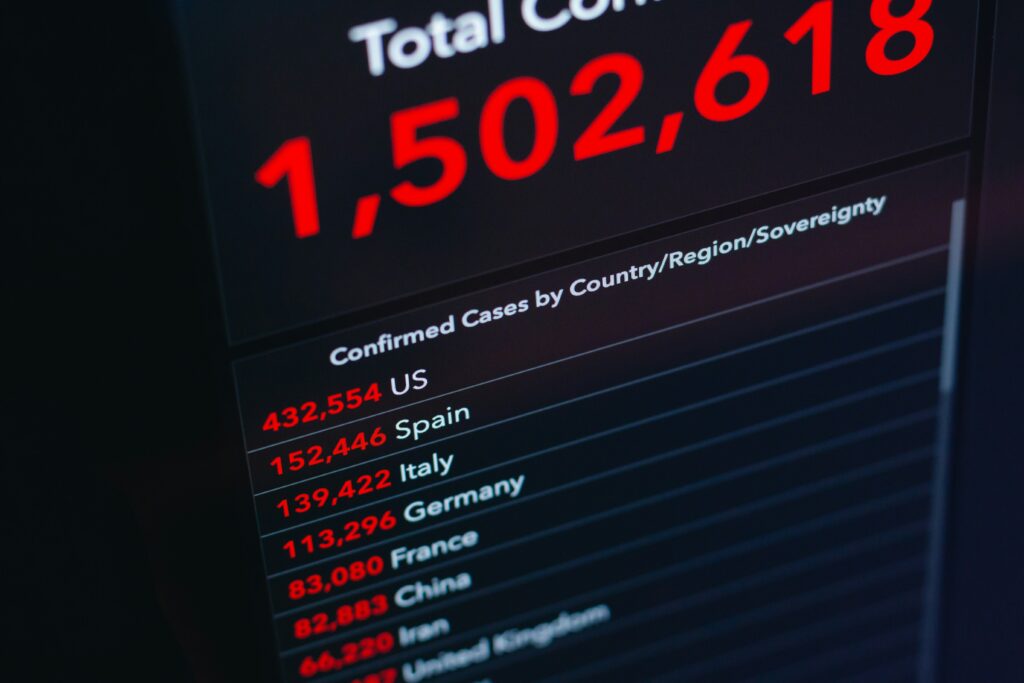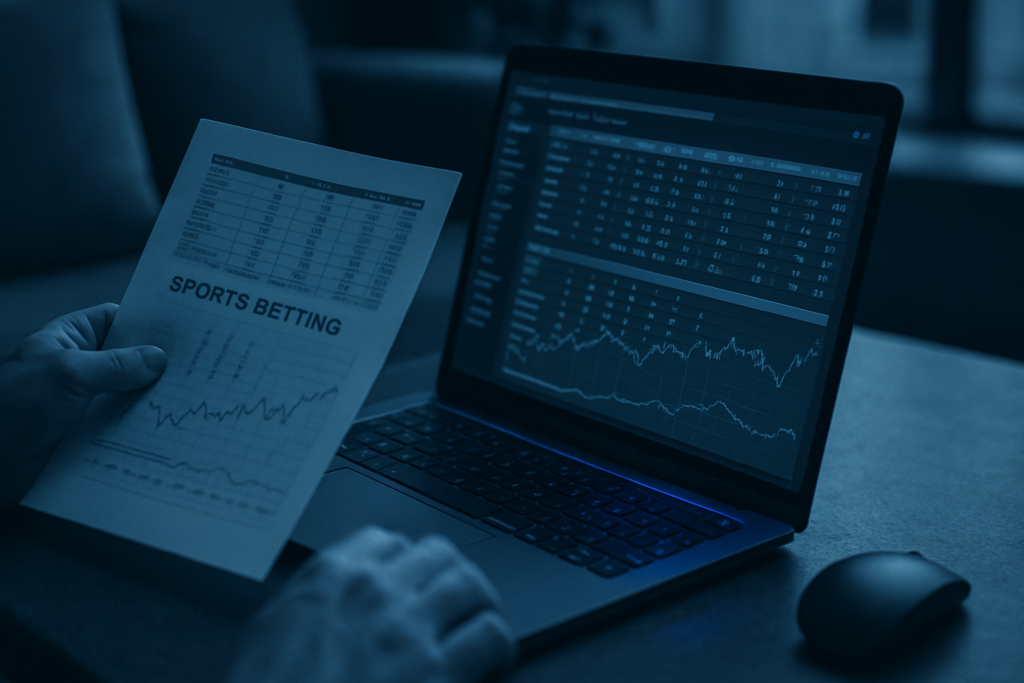How We Got Here
It all changed with the repeal of PASPA in 2018. Once the Professional and Amateur Sports Protection Act was struck down, states were free to legalize sports betting on their own terms. What followed was a land rush. As of 2024, over 35 states have greenlit some form of sports gambling many with full online access. What used to be a corner activity in Las Vegas is now a national pastime, accessible from your phone, couch, or even during a game.
Online sportsbooks and mobile apps have exploded in popularity, turning sports betting into a mainstream, billion dollar industry almost overnight. FanDuel, DraftKings, BetMGM these platforms compete not just for bettors, but for attention. Features like live odds, in game bets, and parlay builders are designed for engagement, not just action. The betting experience has become digital native, fast, and always on.
The leagues didn’t wait on the sidelines either. MLB, the NBA, and the NFL have all inked high profile deals with betting operators. Teams are following suit some stadiums now feature luxury lounges sponsored by sportsbooks, and betting lines are being folded into game day coverage. It’s not just tolerated anymore. It’s part of the business model.
Where the Money’s Flowing
Big money has always followed sports, but sports betting is rewriting the financial playbook. Since the repeal of PASPA, billions in legal wagers have flooded the market and the cash trail leads everywhere: from sportsbook apps to team sponsorships to broadcast package deals. Bettors aren’t just placing Sunday picks. They’re shaping the economics that fund everything from halftime ads to player salaries.
This has turned betting companies into heavyweight advertisers. You’ll see their logos in the end zones, in team promos, and across your screen during timeout breaks. In some leagues, nearly every commercial break has a tie to a sportsbook, a promoted betting line, or a “responsible gaming” message. It’s relentless and eyes are staying glued longer because of it.
More importantly, this money is affecting how fans interact. Betting keeps people engaged minute to minute. It’s not just about who wins anymore it’s over/unders, prop bets, split second wagers. That changes how games are watched, discussed, and even remembered. More money on the line means more emotional (and financial) involvement.
For sports organizations, that’s gold. Fan loyalty deepens when stakes feel personal. But it’s also a shift in balance where engagement comes not just from love of the game, but from love of the action we now bet on.
Match fixing: how real is the threat today?

Match fixing isn’t just some obscure issue from the past it’s a modern problem knocking louder as legal sports betting explodes. With massive money flowing through wagers worldwide, bad actors have more incentive than ever to twist results. The difference now is sophistication. Fixing isn’t just handing a player a bag of cash it’s subtle actions, micro moments. One missed free throw, one offside call. It’s harder to detect, but the stakes are higher.
Players and referees, especially those in lower paying leagues or early in their careers, are most at risk. Lack of education, financial pressure, or simple ignorance can all lead to compromise. Even teams themselves can be targeted, with organized syndicates probing for weak spots. This is no longer a hypothetical. Investigations are on the rise globally, and leagues can’t afford to look the other way.
That’s why sports bodies are building firewalls fast. Regular integrity training, tighter rulebooks, partnerships with watchdog firms, and even whistleblower hotlines are becoming standard. Still, defenders of the game are in a race against those looking to bend it for profit.
For a deeper dive into regulation and transparency, see: sports betting impact
Tech, Tracking, and Transparency
The arms race for integrity in sports is getting technical. Risk management tools now tap AI and real time data to flag suspicious betting activity before it spreads. These aren’t static systems they learn as they go, scanning patterns across games, markets, and user behavior to detect anomalies that human eyes miss. Fast alerts mean faster action.
Player monitoring has also stepped up. Leagues and sportsbooks track athlete related bets in granular detail. That includes where wagers are placed, how odds shift, and whether betting clusters center around a team, player, or moment. It’s less about watching individuals and more about spotting trends that suggest someone knows something they shouldn’t.
Integrity firms are popping up everywhere. Think digital watchdogs hired by leagues to audit behavior, investigate signal spikes, and keep insiders clean. These partnerships don’t just look good on paper they’re how sports protect their product in a market flooded with money and temptation.
Check out how monitoring is evolving here: sports betting impact
A New Era, a New Responsibility
As sports leagues cash in on gambling partnerships, they’re also being forced to double down on ethics. Education is the first line of defense. Players, coaches, and league staff are now required to attend workshops focused on betting literacy what’s allowed, what’s not, and the grey zones that can end careers. Some leagues have even begun issuing periodic quizzes to ensure rules aren’t just heard but understood.
But education alone isn’t enough. Ethics policies are being combed over and rewritten, with many moving toward zero tolerance language. Suspensions and lifetime bans are no longer rare headlines they’re the new reality. Whether it’s sharing insider info or placing bets under someone else’s name, the consequences are swift and public.
Still, there’s tension. Leagues want the gambling revenue and fan engagement but they can’t afford a scandal. They’re walking a tightrope between growth and credibility. One misstep, and the public may stop trusting the product. For now, balancing that equation is becoming just as critical as winning games.
What to Watch Next
As legal sports betting continues to expand, federal lawmakers are starting to eye the landscape more closely. So far, regulation has been a state level patchwork, but talk of federal oversight is growing. This isn’t just about enforcement it’s about standardizing practices across markets and closing loopholes that compromise fairness. Cross border issues are also pushing regulators to explore international partnerships as wagers flow across jurisdictions.
At the same time, betting is getting more granular. In game prop bets wagers on micro events like the next player to score or number of passes in a quarter introduce new integrity questions. These fast bets are highly profitable and engaging for fans, but they can also be more susceptible to manipulation, especially when players or insiders can directly influence outcomes that don’t necessarily alter the final score.
Micro wagering, where bets are placed in rapid fire fashion during live play, adds another layer of complexity. Faster bets mean faster temptation for both bettors and bad actors.
But fans aren’t just passive observers in this new era. They have a role. Awareness matters. Accountability starts with understanding what’s at stake. Whether it’s reporting suspicious activity or pushing their favorite leagues for transparency, fans help hold the system up or tear it down. Betting is now part of the game. Keeping it clean is a shared responsibility.



